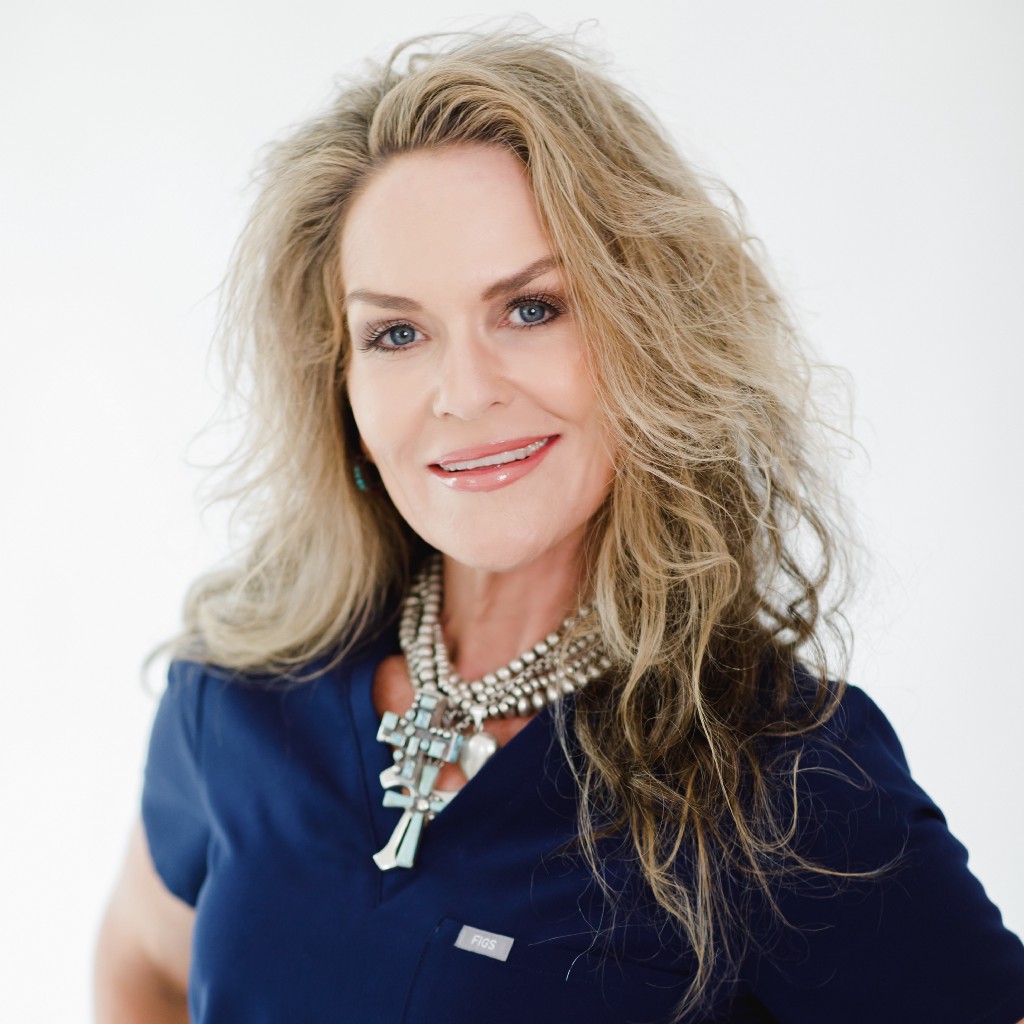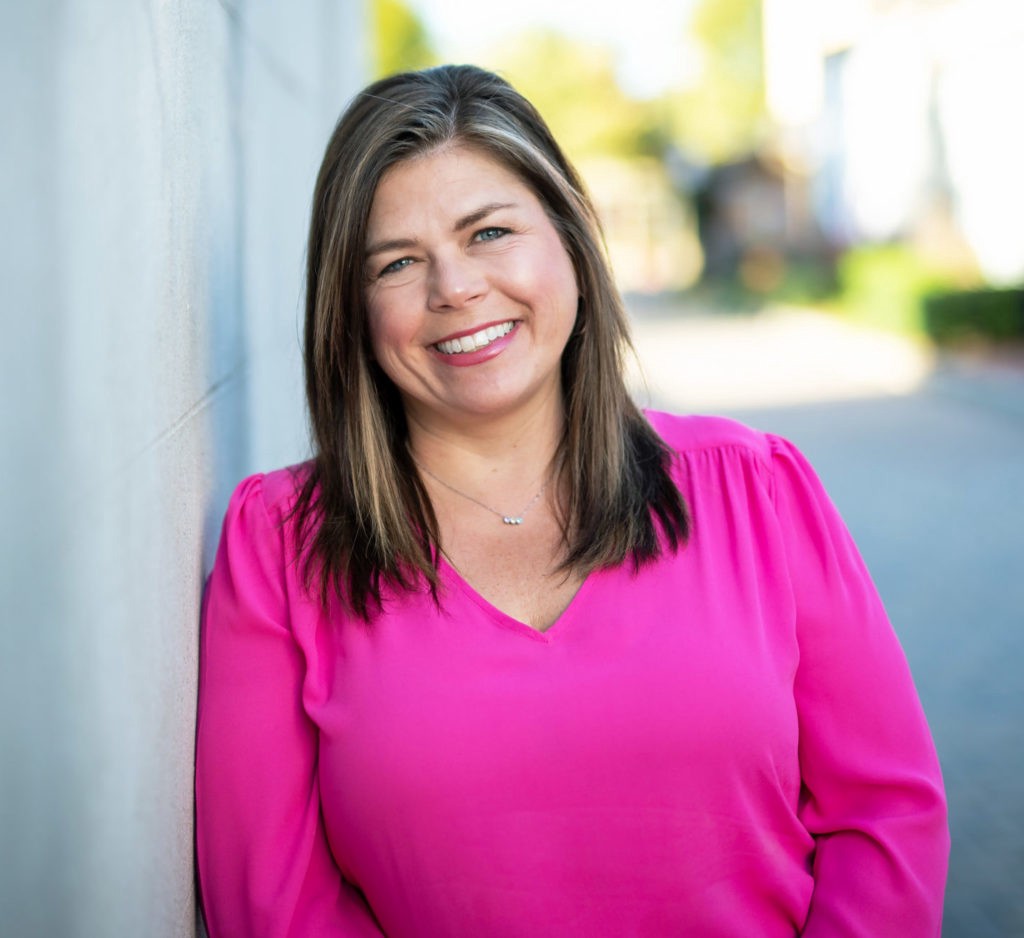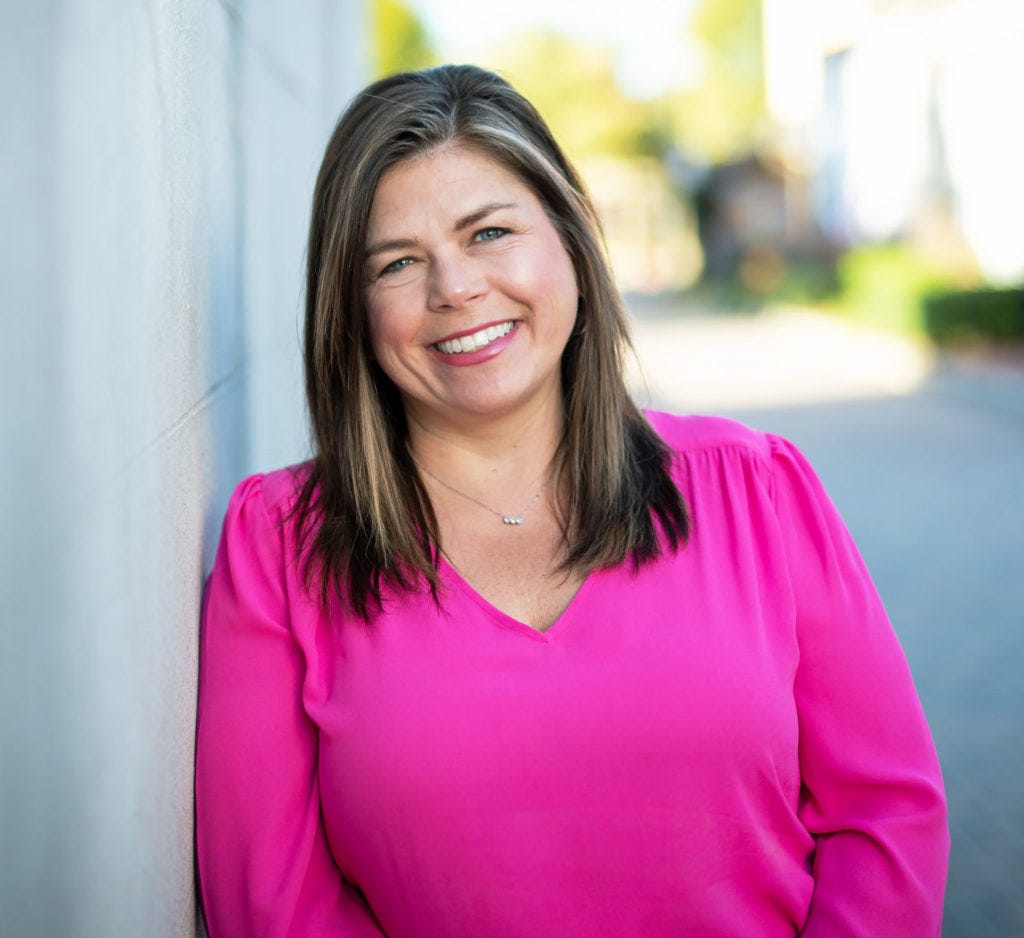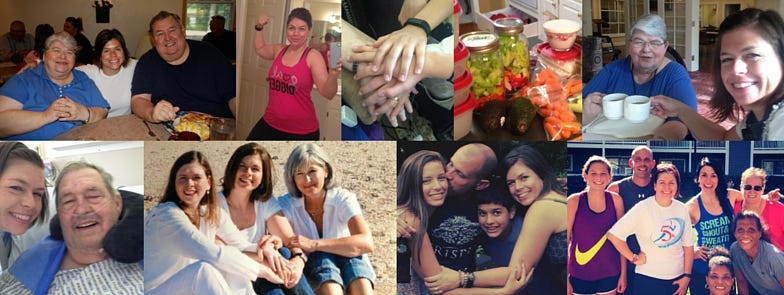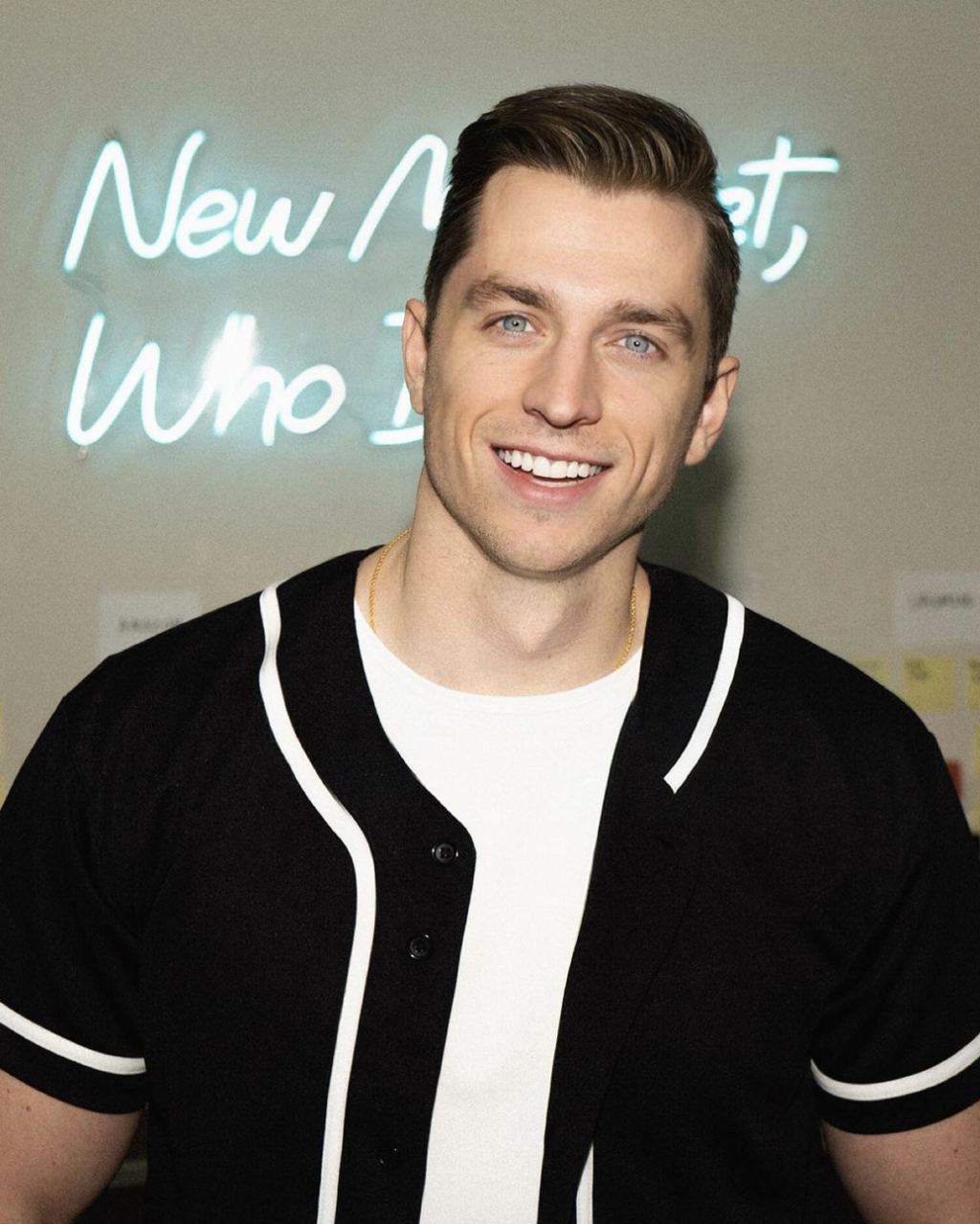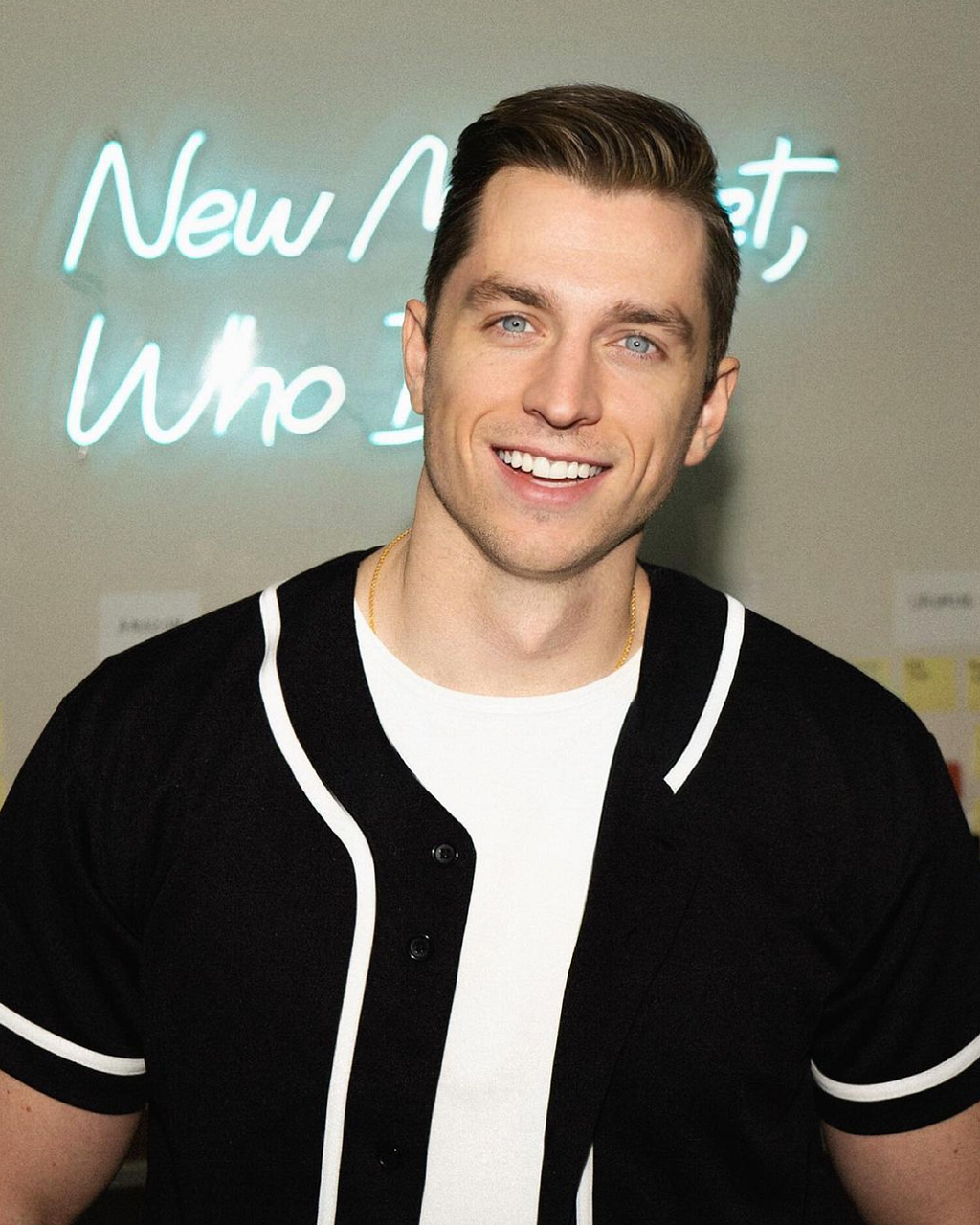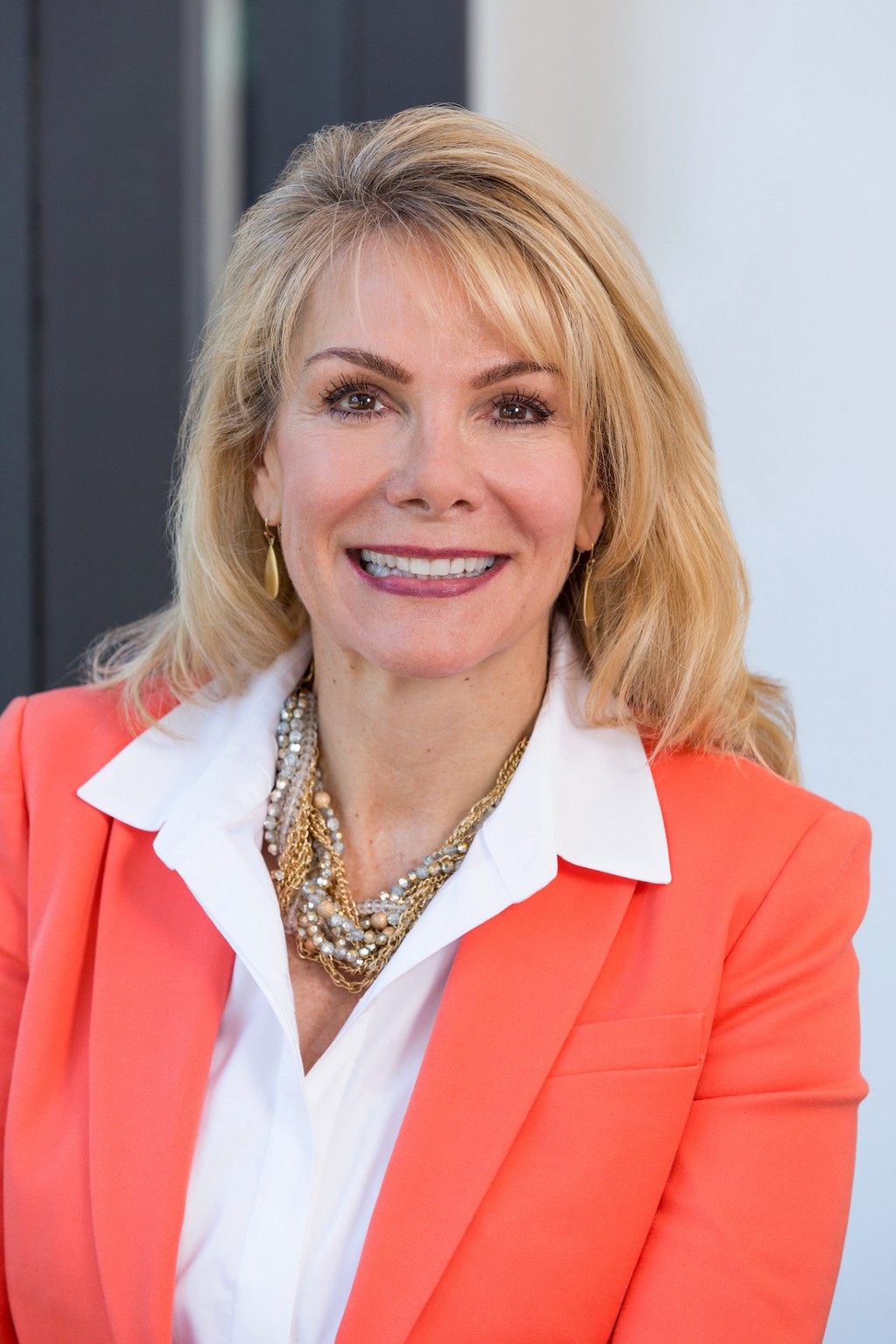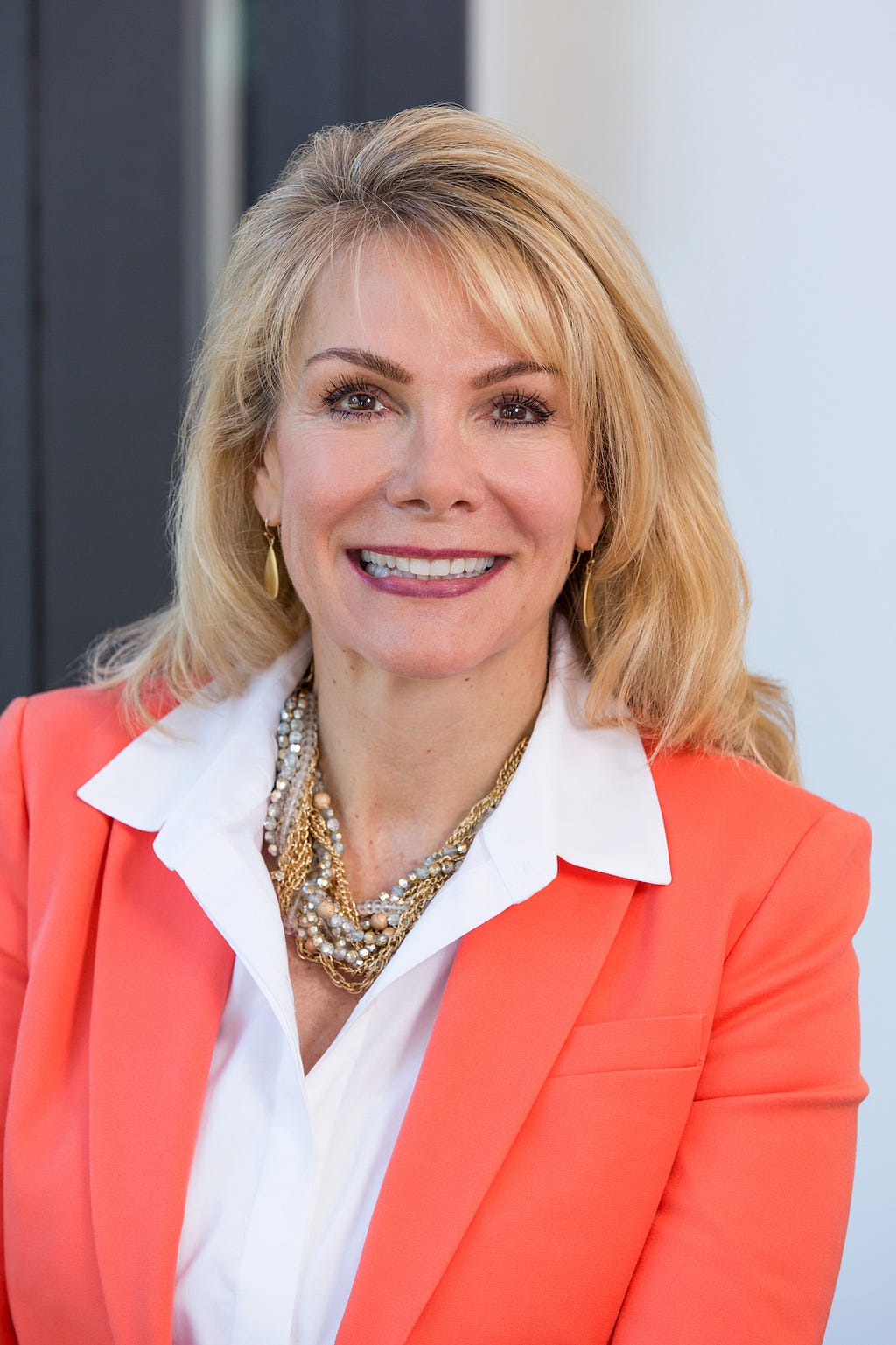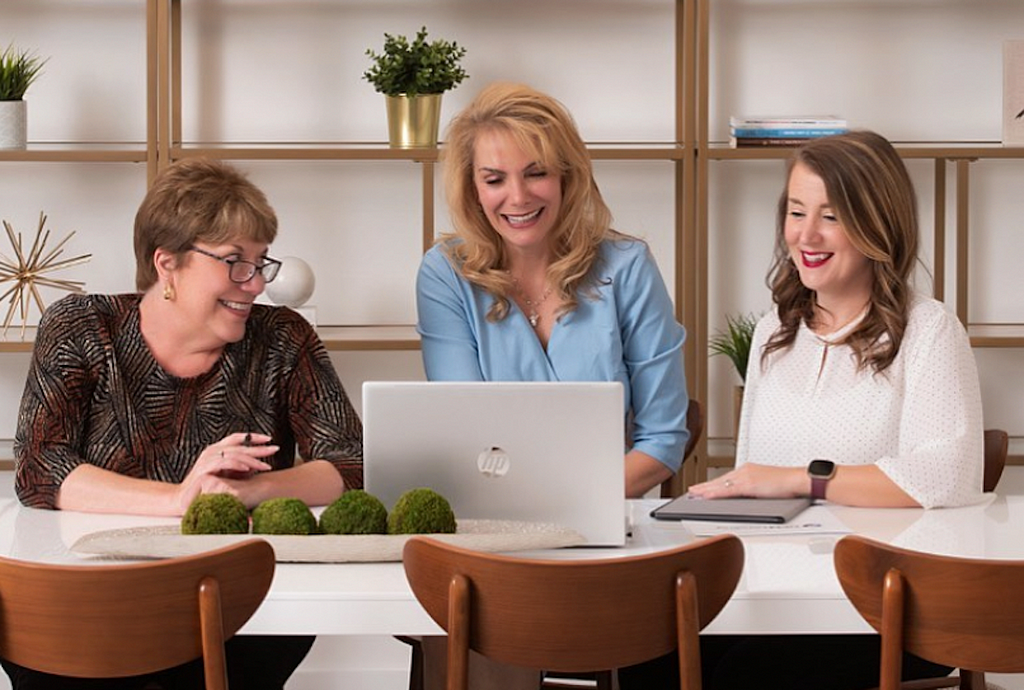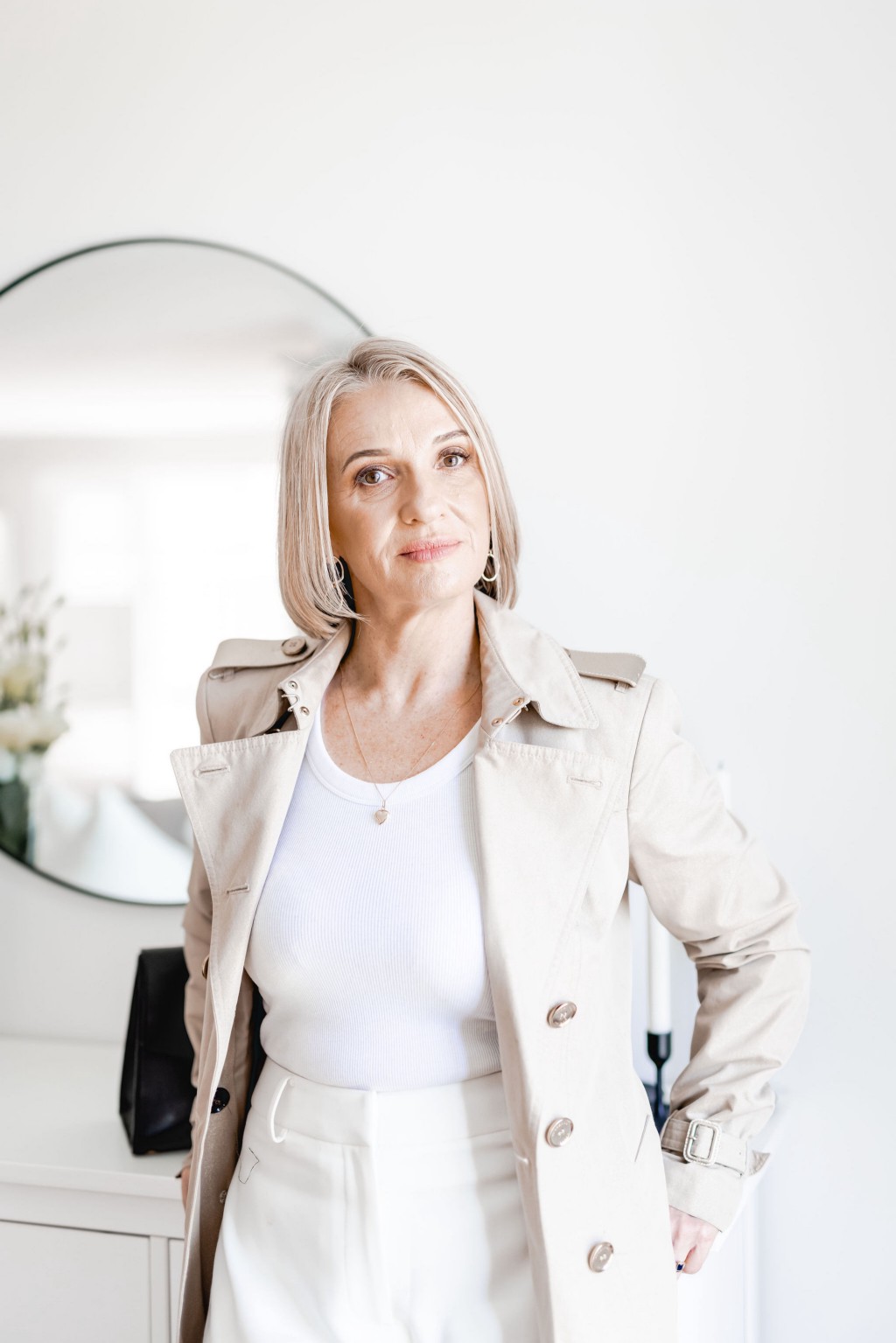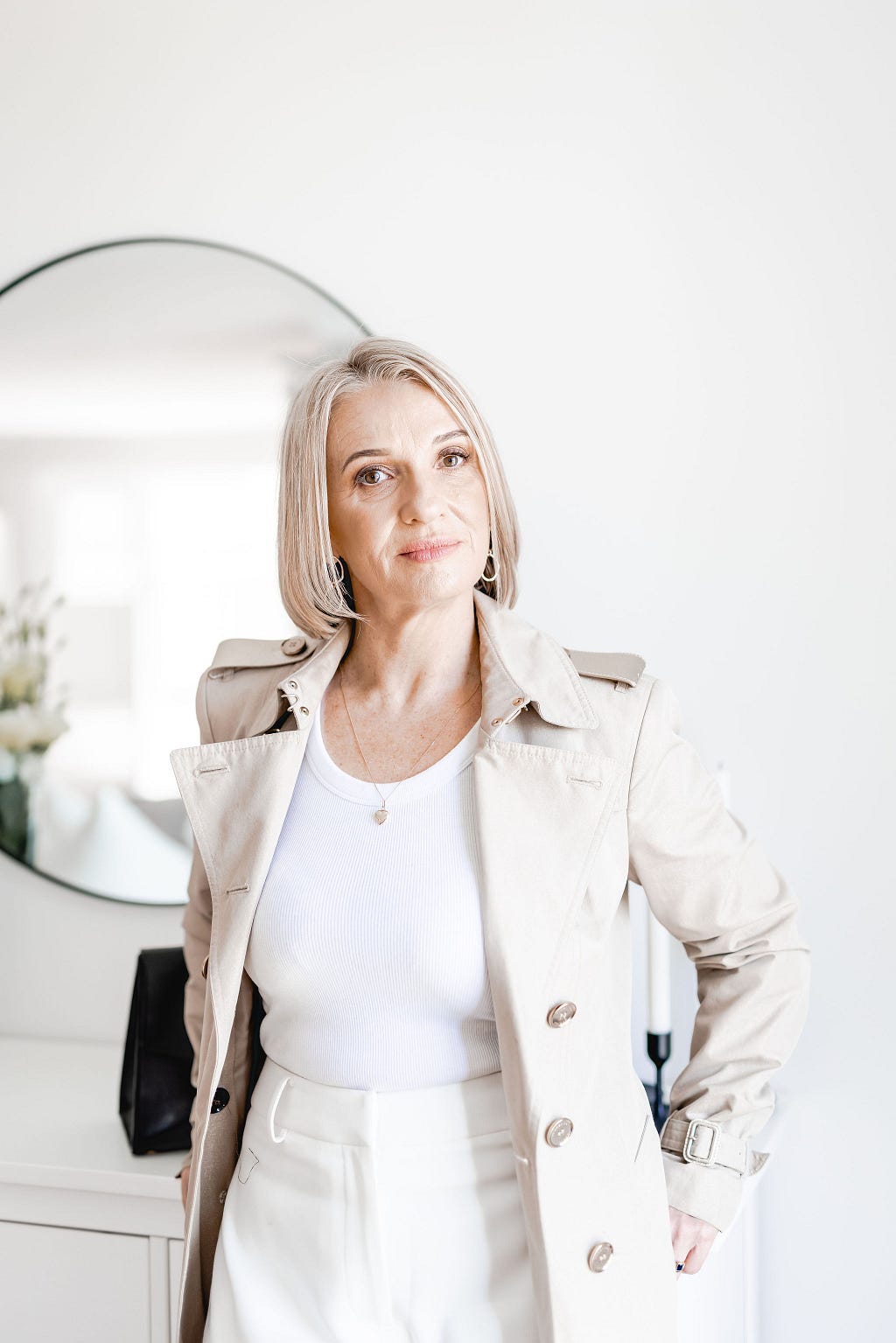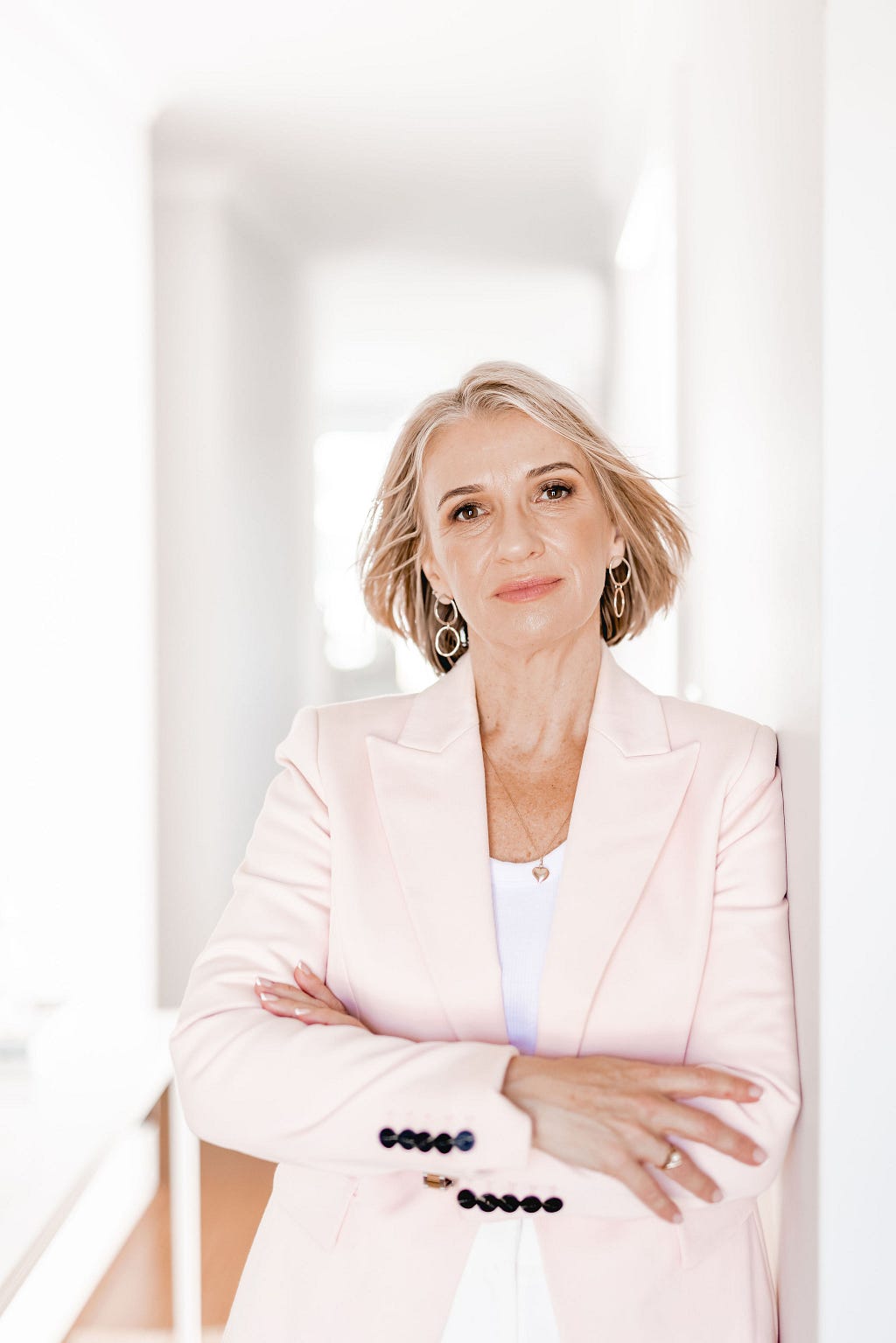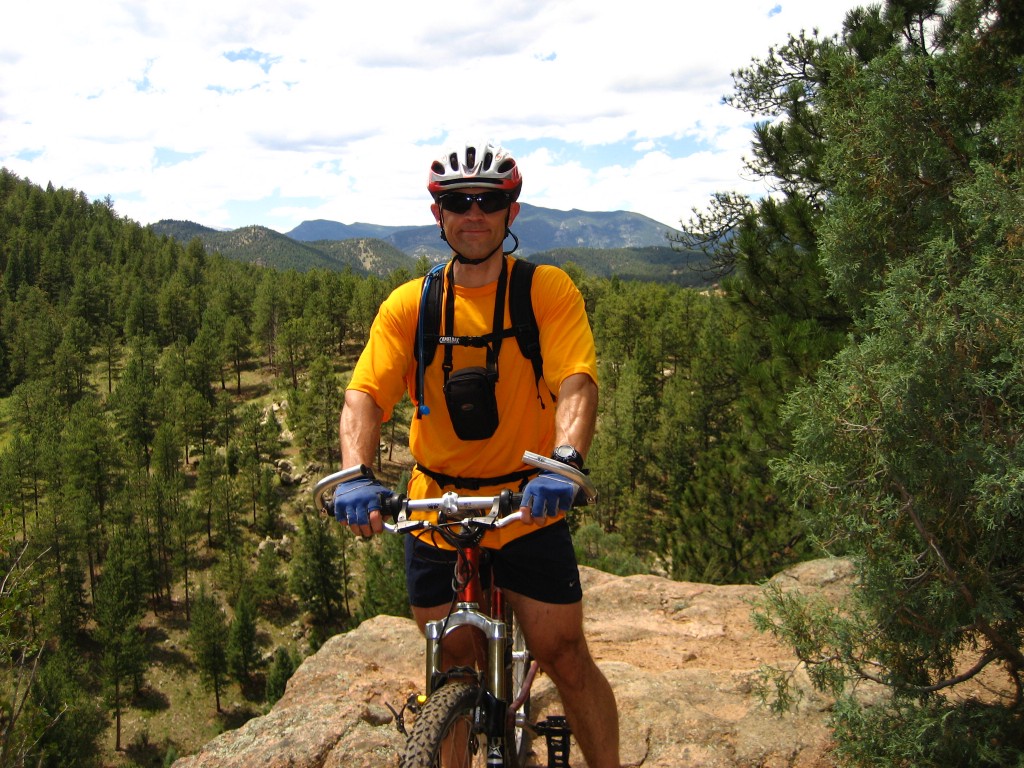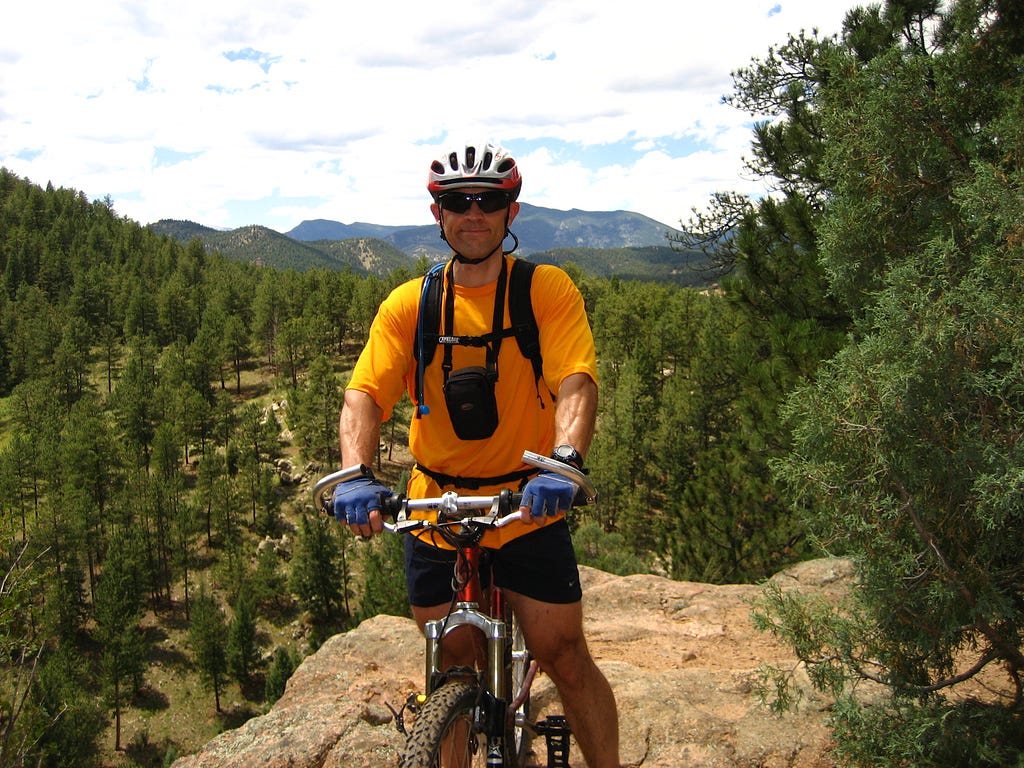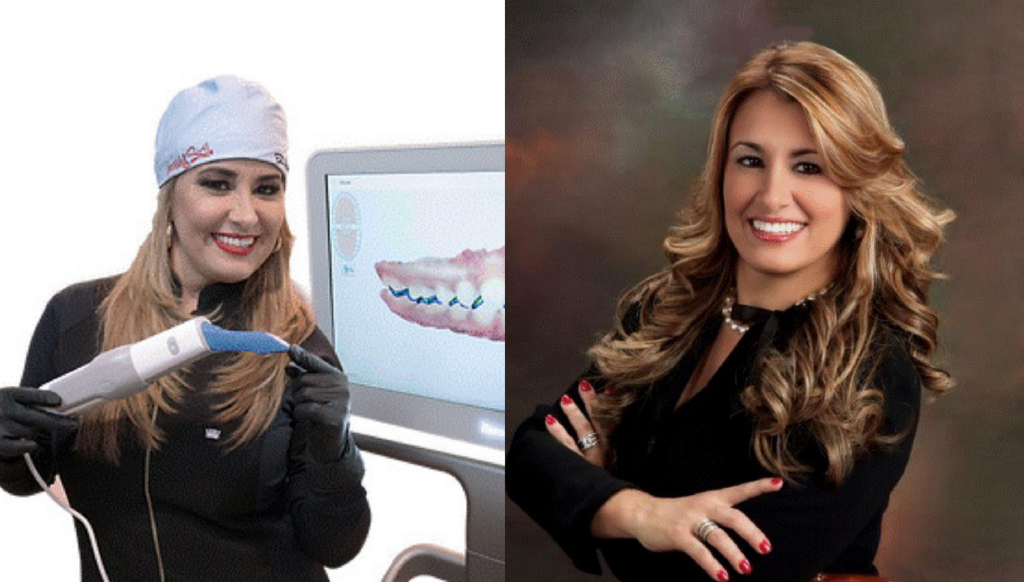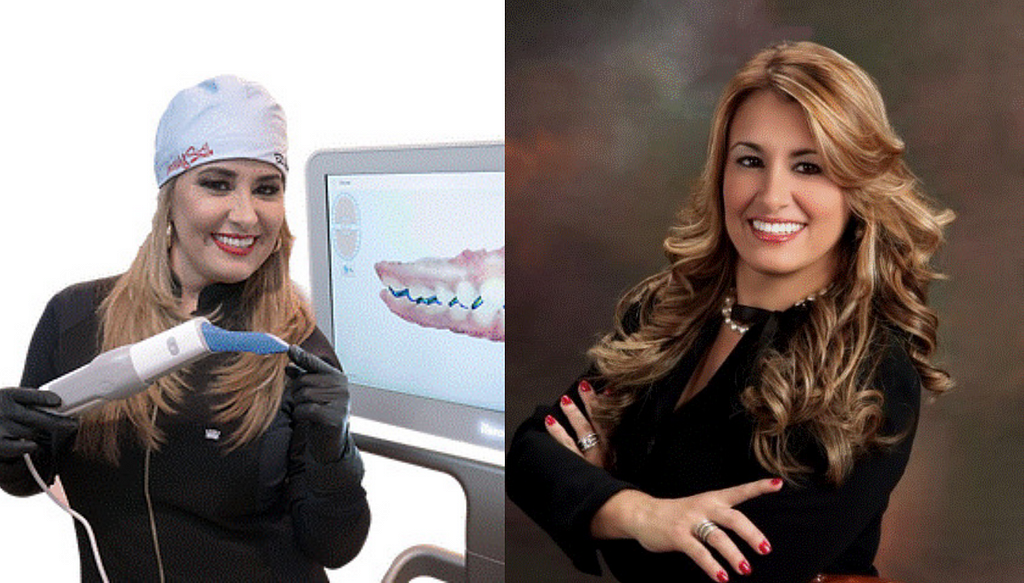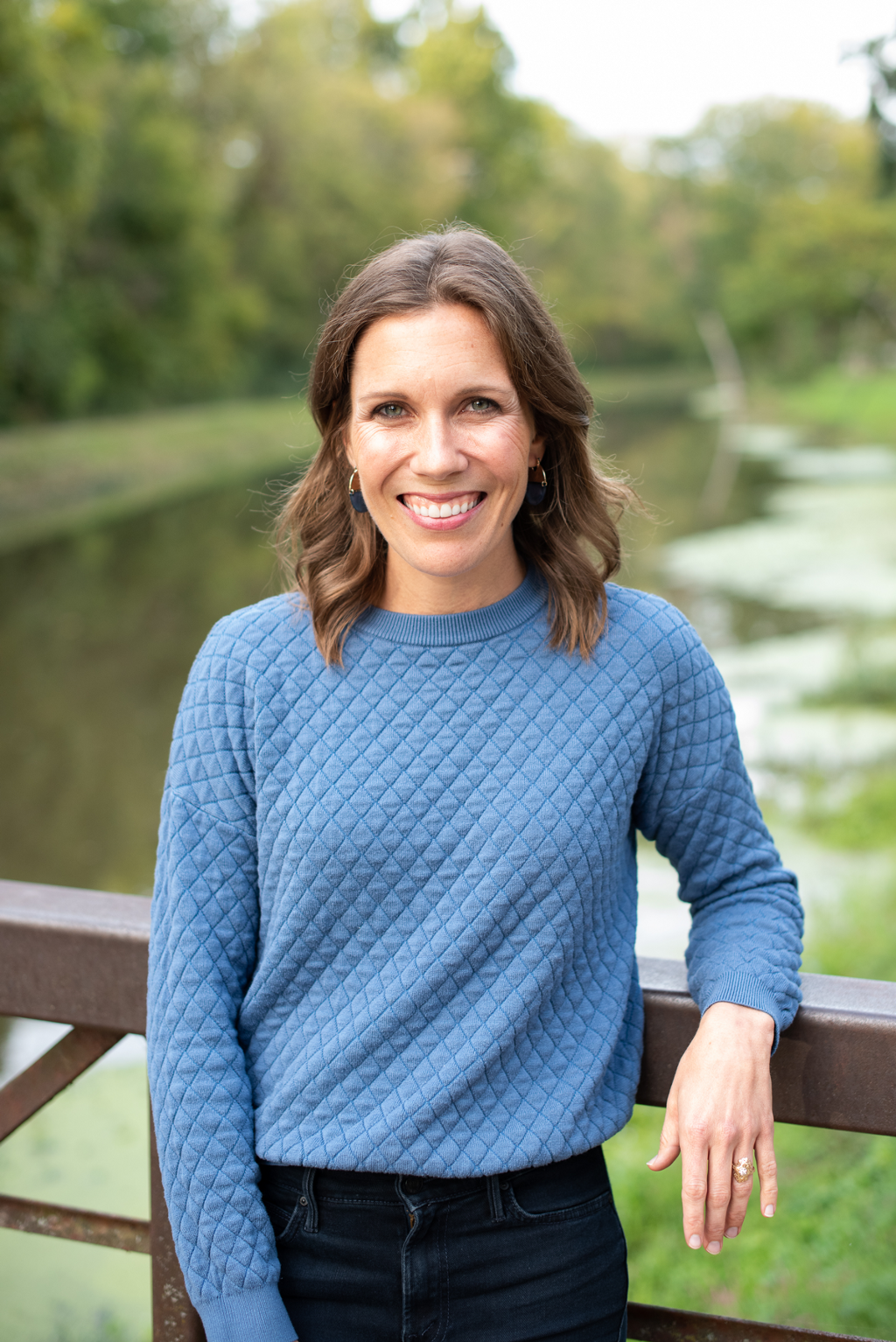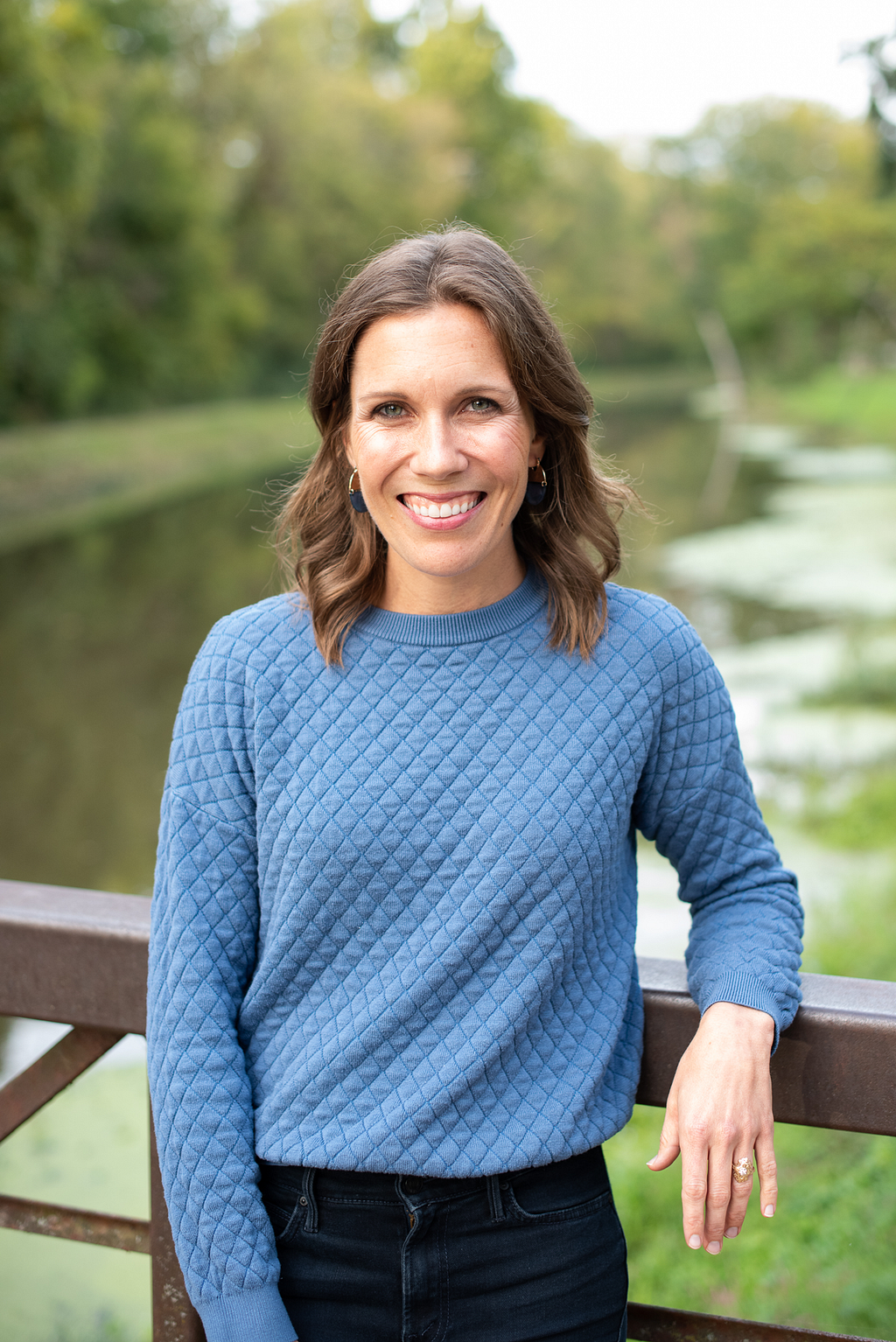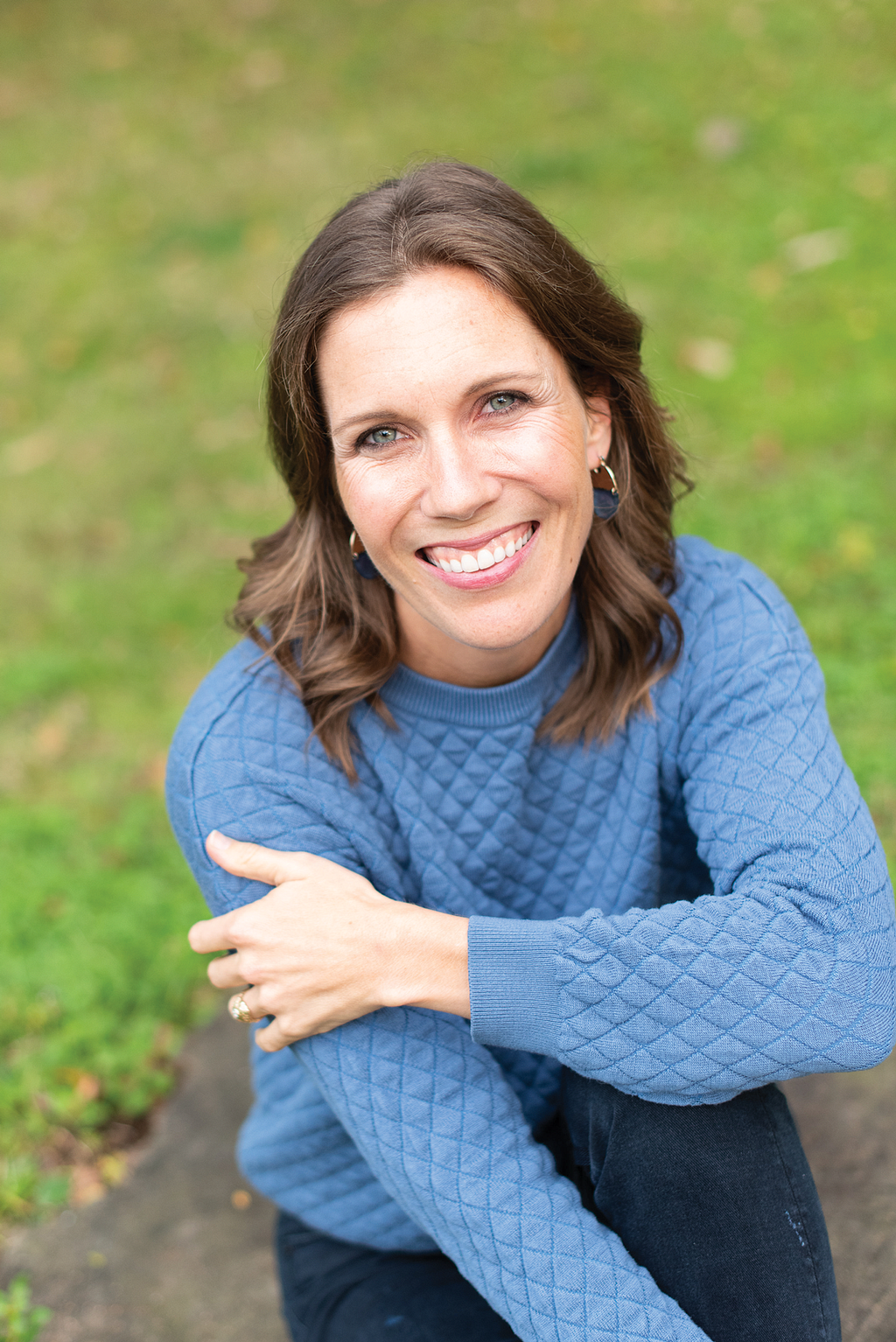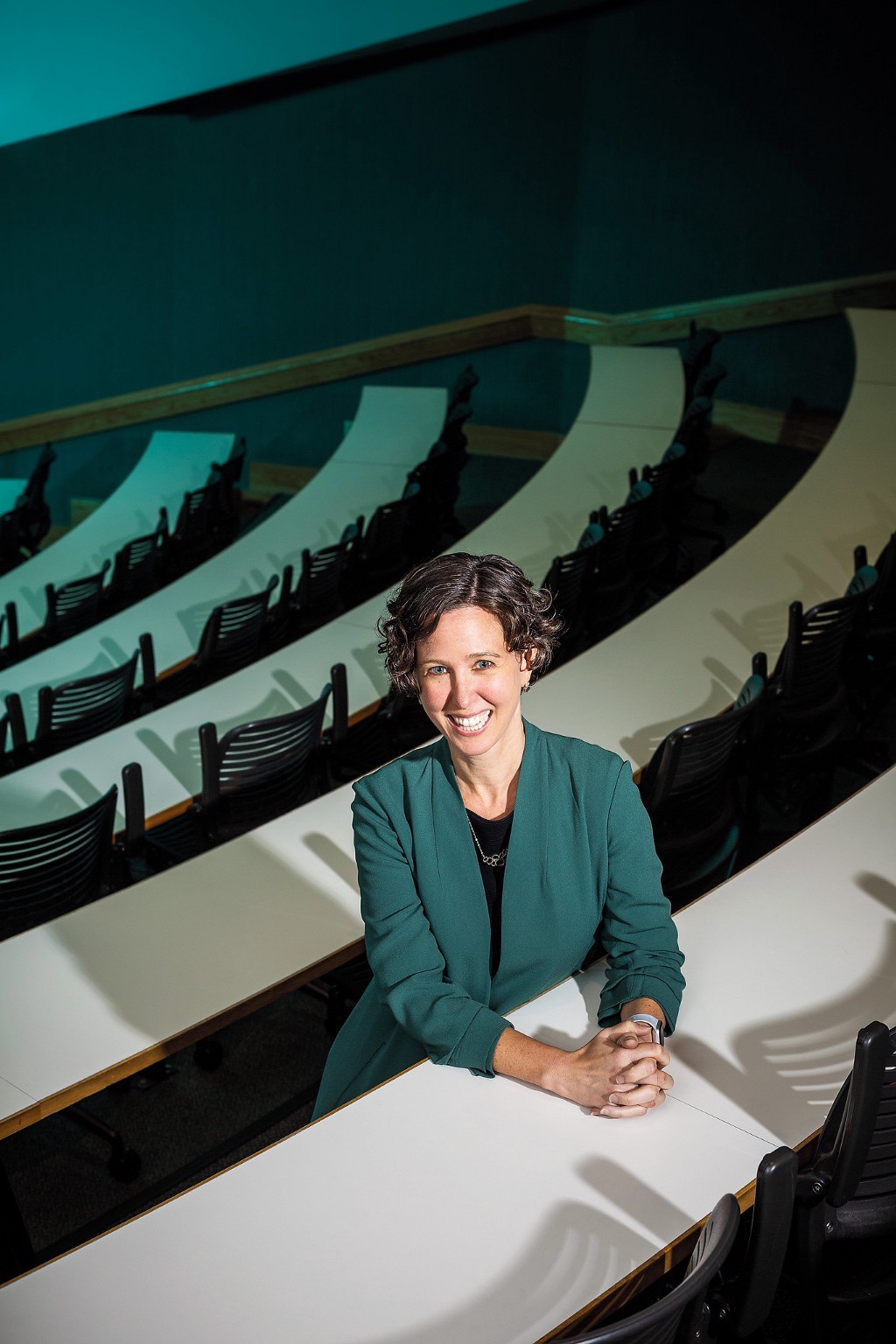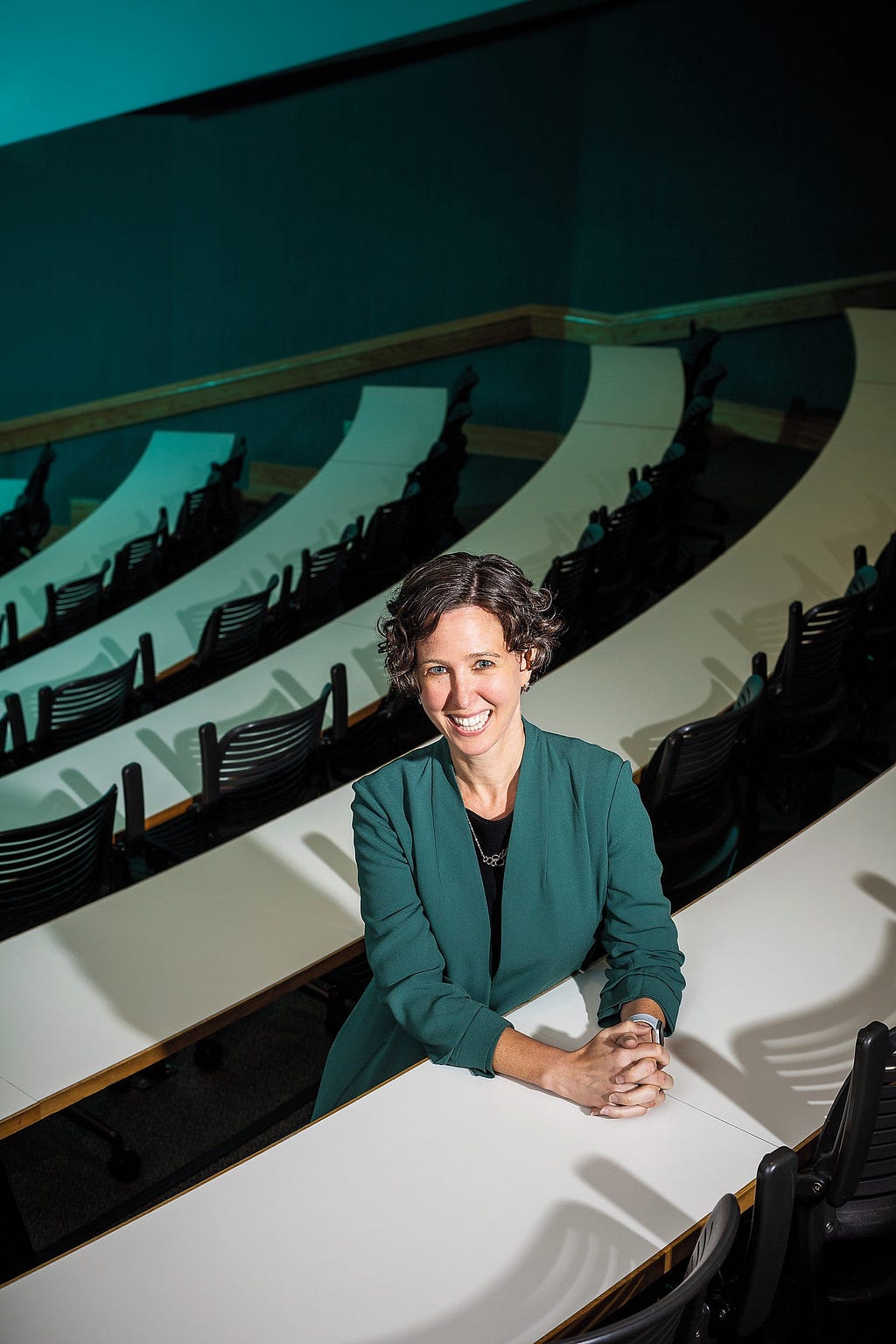Female Founders: Dr. Audrey Wystrach of Petfolk On The Five Things You Need To Thrive and Succeed as a Woman Founder
An Interview With Candice Georgiadis
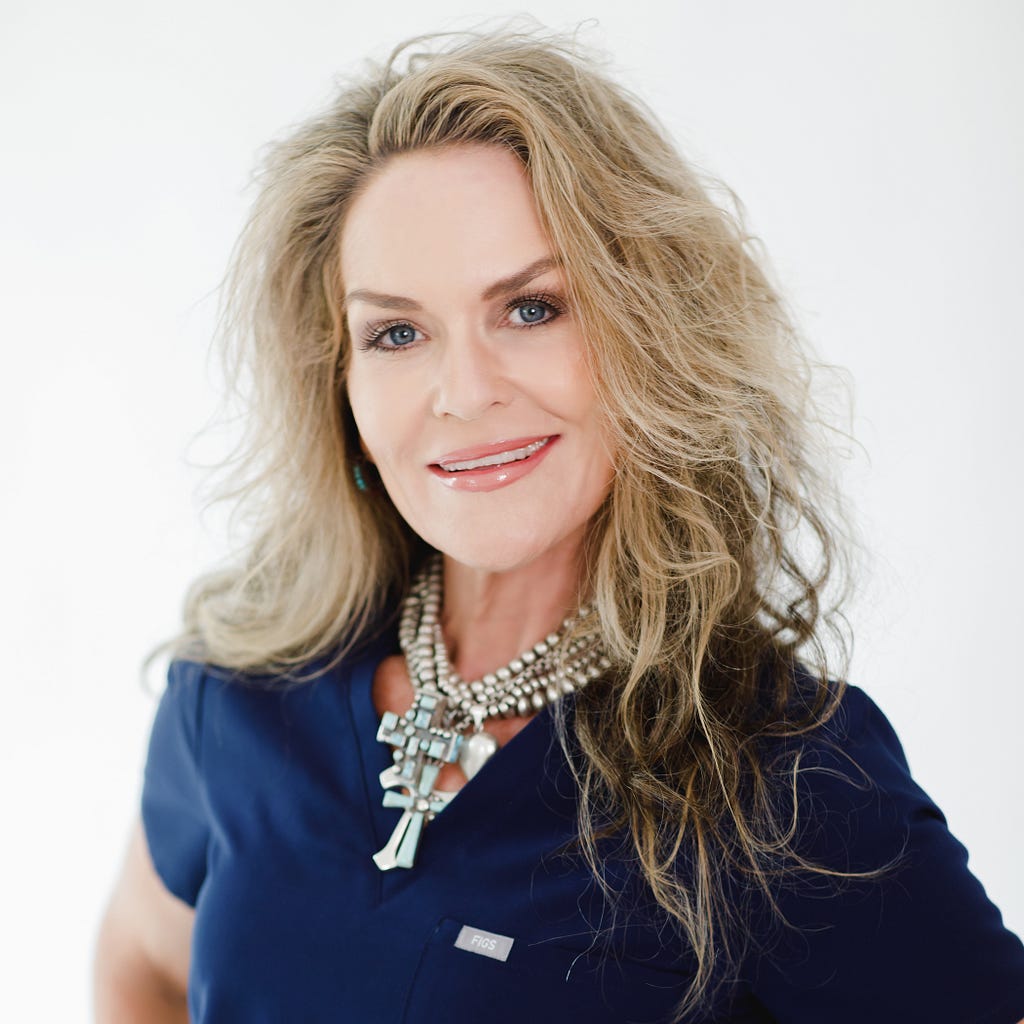
You have to become an expert in your industry. Do the homework to become the most trusted, skilled person at what you are doing. Understand you are not always going to be right, and be willing to pivot and respond to things you have no control over.
As a part of our series about “Why We Need More Women Founders”, I had the pleasure of interviewing Dr. Audrey Wystrach, co-founder and CEO of Petfolk.
Dr. Audrey Wystrach began her veterinary journey as a young girl growing up on her family’s ranch in Arizona, surrounded by animals. From rural house call visits to creating multi-location practice groups, her 25+ years of experience has been invaluable in guiding her journey to reshape veterinary care for pets, pet parents and vets, alike.
As a veterinarian, businesswoman, and entrepreneur, Dr. Wystrach has developed new ways for pet parents and veterinarians to be seen and heard. Creating digital platforms, changing operational design, crafting beautiful physical spaces, and focusing on an unparalleled gold standard of care have become central themes to reshaping pet care.
Whether you are a pet parent, a Petfolk team member, or an industry partner, her priority is to empower you to your fullest potential through sharing knowledge and building strengths.
Dr. Wystrach shares her Charlotte home with her husband, Tommy, and Jack Russell Terrier, Dude, and she is the proud mother of three exceptional young adults.
Thank you so much for doing this with us! Before we dig in, our readers would like to get to know you a bit more. Can you tell us a bit about your “backstory”? What led you to this particular career path?
I was born and raised on a cattle ranch in Southern Arizona, where I was surrounded by animals. I am also one of six children, and I gained a strong maternal instinct from a young age. I have been drawn to taking care of animals and people my whole life, and I knew I wanted to be a veterinarian when I was six years old.
Our family veterinarian was fundamental to how I got started in the industry, and watching him care for our animals and the people who owned them helped me realize my vision for my company and the importance of leading with dedication and compassion. He was fiercely committed to his duties of being a vet and he taught me the core values of servant leadership within the community, which is a big part of what drove Petfolk to become what it is today.
I was also inspired by my mom to be an empowered female founder and leader. She was a powerhouse with lots of determination and passion, and one in a handful of women to run a ranch. Her passion and determination inspired me to become a veterinarian. My parents raised my siblings and me to be fiercely independent, deeply committed to activities and goals, and to never look at obstacles as barriers but instead as challenges. These are principles that have shaped me into who I am today and contribute to how I lead Petfolk.
Can you share the most interesting story that happened to you since you began leading your company?
One of my greatest life adventures was moving to New York City to raise capital to fund a veterinary startup. With New York City being the technology super-center, at the time, I thought I knew that’s where I wanted to build my business. I had never been to Manhattan before and had no idea how to conquer the city, or even how to ride the subway. I had never put together an investor deck or asked someone to invest in me and my idea. I just had to put on my big girl boots and deal with it.
Making the leap to being a founder is the biggest roller coaster ride of your life; I embraced challenges I had never faced before and had to figure out complicated things, such as talking to people when no one wants to talk to you. I found out it was easier to talk to people when taking my brother and co-founder’s Bernese Mountain dog, Blu, on walks around the city. The entire time I was in New York City, I only pitched to two female founders. Going into pitch meetings, I felt like the smallest person in the room. Even if you are confident in what you are pitching, someone can shred all your ideas and make you feel a lot less confident in what you are doing.
Under all of the pressures, my business idea shifted. The city tried to defeat me, but it also built me. The pressures ultimately made me stronger, grittier, committed, and more passionate than before. I pivoted and booked flights to Nashville and Charlotte, where I pitched my ideas there, and ended up starting Petfolk in Charlotte.
Can you share a story about the funniest mistake you made when you were first starting? Can you tell us what lesson you learned from that?
After a full day of meetings in New York City, I arrived at my hotel to check in. The front desk said they did not have a reservation and I realized I made the reservation for the wrong day. I was told the United Nations was in the city, so there were no rooms available at any nearby hotels. We had an office in the city, and our only option was to stay there for the night, even though it was not allowed. I bought a sleeping bag and pillow at Target and slept in the office that night. It ended up working out great, as there was a sink and bathroom. Even though I panicked at first, I realized this was something I could handle and ultimately figured it out.
None of us are able to achieve success without some help along the way. Is there a particular person who you are grateful towards who helped get you to where you are? Can you share a story about that?
There have been so many strong and inspirational people in my life, and I can honestly say that I have the most supportive parents, husband, family and friends on the planet. My brother Mike and I have always shared a unique bond. We both look at the way we create solutions similarly when solving some of the public’s most significant problems. Much like me, Mike is deeply committed to animals and saw the opportunity for us to create an incredible company together that makes a difference in the lives of pets and the people they love.
Ok, thank you for that. Let’s now jump to the primary focus of our interview. According to this EY report, only about 20 percent of funded companies have women founders. This reflects great historical progress, but it also shows that more work still has to be done to empower women to create companies. In your opinion and experience what is currently holding back women from founding companies?
Women face significant challenges in their careers, especially when starting a business. By looking at the sheer numbers of funding available to women founders, women are the minority and 98 percent less likely to build a successful business from the get-go. We’re held to a higher standard and we’re judged harshly, which means we have to work harder to convince people to give us money. Even if your core being tells you that you are just as good as any man out there, you still have to contend with the noise of being a female founder.
Traditionally, women were expected to be homemakers. My mom’s career options in the 1960s were very limited. Going to college meant landing a career as a schoolteacher, flight attendant, or a nurse. There was no tolerance and women would not even think about joining a male profession, such as veterinary medicine.
In the veterinary industry, medicine is maternal in truth. Inherently, we are made to believe that the male is predominant. People assume that maternal instinct is a bad thing, that it is distracting and leads to less devotion to your company. However, I believe that maternal instinct is a superpower; it showcases women as being highly connected, highly intuitive, empathetic, patient, and multitaskers.
Can you help articulate a few things that can be done as individuals, as a society, or by the government, to help overcome those obstacles?
Fundraising is a large obstacle for women business owners. To be successful with fundraising, women typically have to have stronger business plans than their male counterparts to get attention. I recently read in Crunchbase that women-led startups received less than 2.3 percent of venture capital funding in 2020.The investment arena can be predominantly male-focused and tougher for women to break into. Many investors like to stay with the same types of companies they have supported in the past, which are oftentimes tech companies led by men. Only about 12 percent of VC decision makers are women, and when those women venture capitalists invest, they are twice as likely to invest in female-founded companies. If you keep hitting a brick wall with male investors, seek out women investors to pitch to.
Female-founded businesses are solid because women have to put more time and effort into convincing people of their business ideas or to invest in them. If you can shut out the noise around you, you will only have to deal with your own noise and can be positive to ensure success by telling yourself that you can do anything.
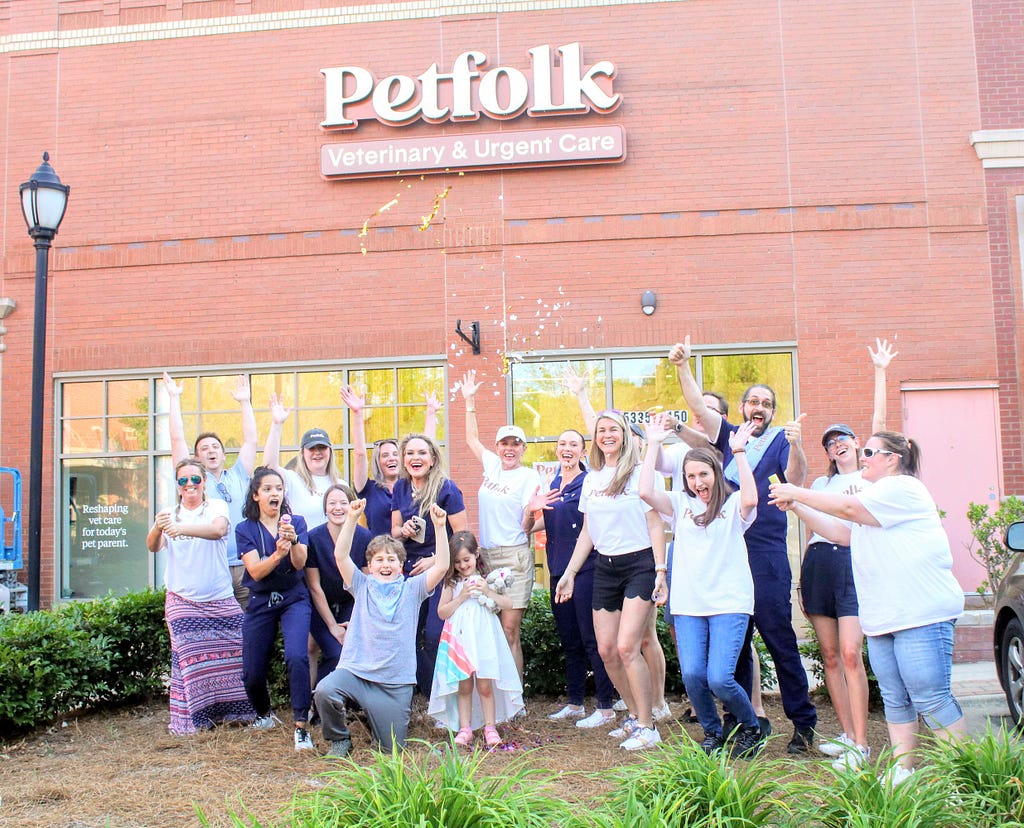
This might be intuitive to you as a woman founder but I think it will be helpful to spell this out. Can you share a few reasons why more women should become founders?
Social contributions are the leading edge of innovation for female founders. Women founders are typically focused on making social contributions and building great relationships with employees as the core foundation for their businesses. Women business leaders typically hire two- to three-times more women on their staff. Women are the largest sector of individuals leaving our workforce today and may not even be accounted for in our numbers reported for unemployment. With that in mind, it is important to encourage more women to become founders.
What are the “myths” that you would like to dispel about being a founder? Can you explain what you mean?
I do not look at the myths but rather the truths that come with being a founder. The first truth is that being a founder is simply put, hard work. The second truth is that you have a responsibility to ensure your company’s daily operations are running smoothly, including customer service, marketing, finance, sales, and more. The third truth is that most startups fail because they bite off more than they can chew. They are doing something that is not scalable or repeatable, or they are trying to do too much at once. The fourth truth is that you will have to make a lot of sacrifices and deal with a lot of hardships as a startup founder. You will have less time for family and friends, and you will need to make tough decisions when it comes to activities and vacations. The fifth and final truth is that you need to know your industry inside and out before starting your business.
Is everyone cut out to be a founder? In your opinion, which specific traits increase the likelihood that a person will be a successful founder and what type of person should perhaps seek a “regular job” as an employee? Can you explain what you mean?
Being a founder is not for everyone. There is a small percentage of people who have the capabilities to make sacrifices and be so fiercely committed to what they are doing that they are willing to act on it. You will hire people and pay them more than what you are making yourself. You will wonder why you are doing what you are doing more often than not. You will have moments of joy and many times of doubt, but there’s no greater feeling than knowing the impact that’s being felt with every right decision being made.
Founders need to have devotion and commitment. Not only am I committed to making pet parenting easier, I truly believe in the bond and community of care, which is why I find success in leaving a mark on the veterinary world and creating better outcomes for people and their pets. My experience and values have driven me to build Petfolk as an incredible brand.
Ok super. Here is the main question of our interview. What are your “5 Things I Wish Someone Told Me Before I Started” and why? (Please share a story or example for each.)
- No one will ever believe, understand or be a bigger champion of your ideas than you. Having a fierce commitment to the things I wanted to bring to life is one thing that has helped Petfolk to thrive.
- An idea is just that — an idea. Founders who just jump in, get going and are willing to learn along the way will be more successful in the long run.
- There are a ton of opportunities to ensure success. You have to be willing to research and put in the time to find what works best for your business.
- Being a founder is lonely. When everything is going wrong, you have a responsibility in making sure everything gets back on track. You have to make decisions early on that are completely out of your wheelhouse, so seek external resources if needed.
- You have to become an expert in your industry. Do the homework to become the most trusted, skilled person at what you are doing. Understand you are not always going to be right, and be willing to pivot and respond to things you have no control over.
How have you used your success to make the world a better place?
Success is bigger than Petfolk; success is making a mark on the veterinarian world. The veterinary industry provides a great opportunity for people to truly be innovators, and that is a goal of mine with Petfolk. I am using my experience and knowledge to make pet parenting easier and more joyful. By reducing friction and complexities, Petfolk is promoting better health and longer lives for pets.
I also enjoy partnering with community charities in markets where we have pet care centers. Petfolk typically partners with a local adoption center or animal shelter to offer free exams and other incentives for new pet parents and their newly-adopted pets. By making access to pet care simpler for pet parents through these charitable partnerships, we are also helping to get pets out of the shelters and into a loving home.
You are a person of great influence. If you could inspire a movement that would bring the most amount of good for the greatest number of people, what would that be? You never know what your idea can trigger.
I am devoted to making a difference in the world through the incredible experience Petfolk offers pets, pet parents and pet care teams. I am committed to putting my whole heart and life into creating happier workplaces for veterinarians and better outcomes for pet parents and their pets.
We are very blessed that some very prominent names in Business, VC funding, Sports, and Entertainment read this column. Is there a person in the world, or in the US with whom you would love to have a private breakfast or lunch with, and why? He or she might just see this if we tag them.
Sara Blakely, CEO of Spanx, is an entrepreneur I look up to. She is incredibly successful as a mother of four. She owns 100 percent of her company and she sacrificed every dollar she had to make things work. While she created a company that delivered a solution to looking better in shapewear, she also created more jobs for people while she gave them more confidence to feel better in the clothes they are wearing. Ultimately, she is much bigger than the stage she created and continues to showcase her incredible talent.
Two people I would also love to have a private breakfast or lunch with are Simon Sinek and Warren Buffet.
Thank you for these fantastic insights. We greatly appreciate the time you spent on this.
Female Founders: Dr Audrey Wystrach of Petfolk On The Five Things You Need To Thrive and Succeed as was originally published in Authority Magazine on Medium, where people are continuing the conversation by highlighting and responding to this story.


